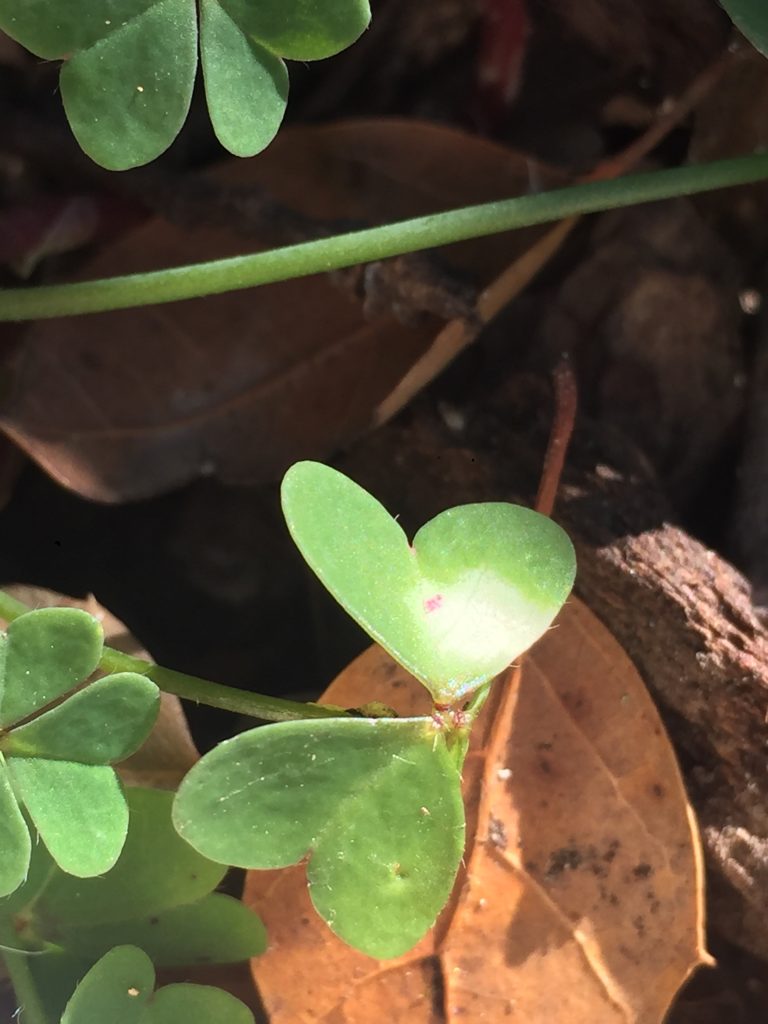
There’s a fundamental loneliness that is part of the fabric of being human. It arrives in the corners of night, when shadows form from curtain folds and the backs of chairs. It seeps in just before twilight, when afternoon exhales its last breath and evening hasn’t yet inhaled. It lives on the edges of exaltation, in the space between the golden hour when the gods breathe their jeweled breath over meadows and in the splintered crack just before night’s multi-colored ink begins to sink into dreams.
There are acute times when loneliness appears. Holidays, transitional ebbs in the day or week, birthdays. This is often when the shame stories bleed into loneliness and tell you things like, “Everyone else is having fun right now. Everyone else has a family and is off on an adventure and I’m alone. Or I’m not alone – I’m with my family or my partner – and I still feel lonely.” Loneliness is a twin sister to grief, and they often arrive at your doorstep holding hands. When you breathe deeply enough into the loneliness, the dam that has been holding back your grief breaks and the water comes pouring out on the rivers of memory. A grandparent who has passed away. Parents’ divorce long ago. A friendship that came to the end of a road.
But loneliness often arrives first, standing with a bouquet of wilted flowers, asking only one thing: to be invited inside. Loneliness arrives like a hollow in the tree of body, the empty place where diaphragm and stomach meet. Loneliness is the space without breath. Loneliness is an empty belly. Loneliness is the time you cried alone on your bed and nobody came to comfort you.
There was a time when you were as close to oneness as you could be with another human being, when you grew inside your mother’s belly, eating what she ate, smelling what she smelled, moving as she moved. But even then there was an amniotic sac that surrounded you and created a definable boundary between baby and mother. There is still a sac. We can no longer see it but this white slippery sac of separateness surrounds us still. We are meant to feel lonely. It’s part of the definition of being human.
It’s important to know this so that we don’t fall into traps of thinking it should be otherwise. The culture sends us both overt and covert messages that it should be otherwise; that if you buy this car or live in this house or have this baby with this partner you will be immunized against loneliness. It isn’t so.
There isn’t a partner in the world that can protect you against loneliness. That’s not the function of love.
There isn’t a friend in the world that can protect you against loneliness. That’s not the reason for friendship.
There’s not a child in the world that can protect you from loneliness. That’s not the purpose of being a parent.
There is only one antidote to loneliness: to befriend it. When we make friends with loneliness, which means shedding the belief that we’re not supposed to feel it and shattering the fantasy that other people with their families and friends are immune to it, we welcome it in through the front door. We greet loneliness as we would any other feeling state and become curious about its stories. Loneliness, we might say, tell me about yourself. What color are you? What shape are you? What stories from my past live in the strands of yarn that compose your tattered blankets?
Once you invite loneliness inside it changes tenor. This is the paradox of loneliness: when we befriend it, it shapeshifts into another form. It’s still there, in the pocket of your body, but it loses its spike. Once you invite loneliness over the threshold, it softens, like an angry child taken into a mother’s warm arms. Curiosity is the potion that shifts it and creativity is the medicine that sends it into channels of light.
On the other side of loneliness is Solitude. When you sink into loneliness without fighting it, Solitude will reach for your hand and invite you into endless conversation, leading you down the grassy pathways and dimly-lit cobblestone streets that comprise the labyrinth of your soul. In this place, there is no more loneliness. You no longer long for someone to sit beside you on the bench because you are in the timeless place where creativity and imagination enrapture you in their ways. Once surrendered, you find that you could stay here for a very long time. And you discover that with a full cup, you see your life and your partner and your child and your friends through a very different lens. They are no longer here to fill you up but are vessels into which you can pour your light. The fullness of Self leads to the fullness of Love. We walk through the doorways that scare us and we find ourselves, waiting with a bouquet of brilliant flowers, on the other side.
Originally published at conscious-transitions.com


